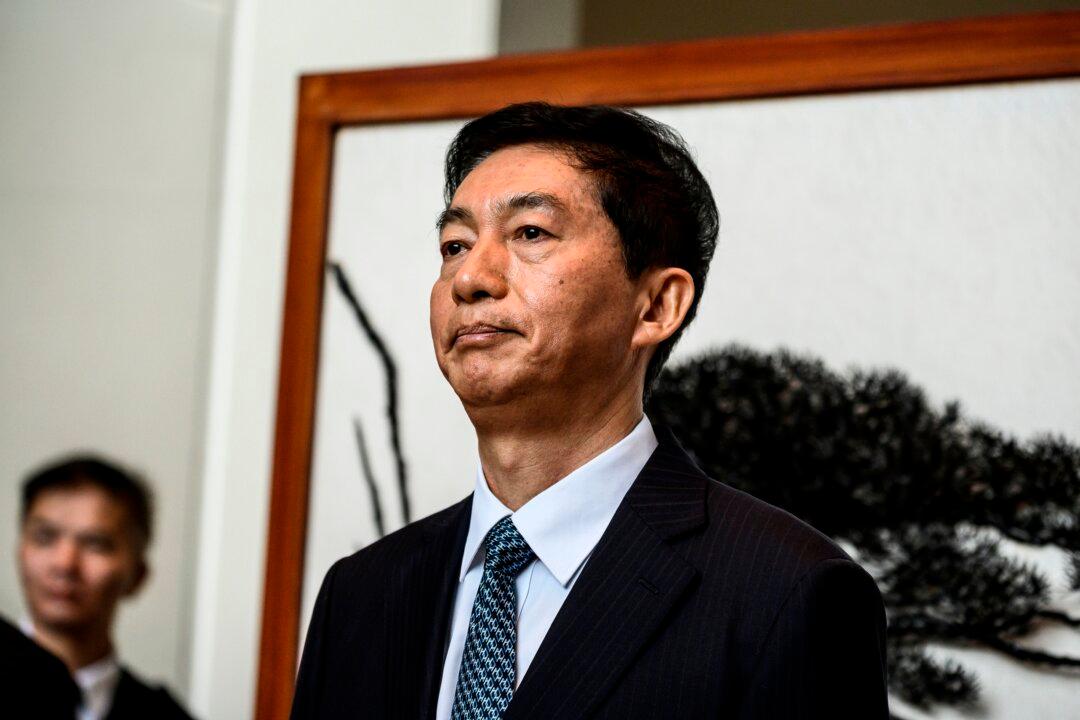Beijing’s new representative in Hong Kong recently met with Carrie Lam, leader of the city government on Jan. 9.
The day before, he visited Shenzhen, the southern Chinese city that borders Hong Kong, leading analysts to believe that he has been tasked with promoting the Greater Bay Area (GBA) project in Hong Kong.





